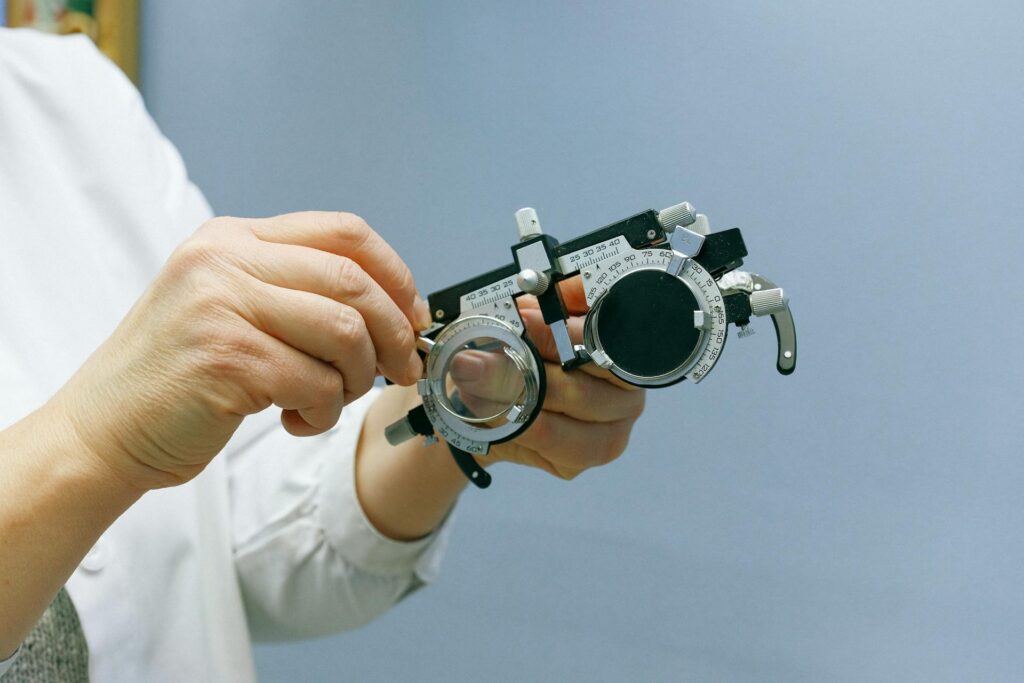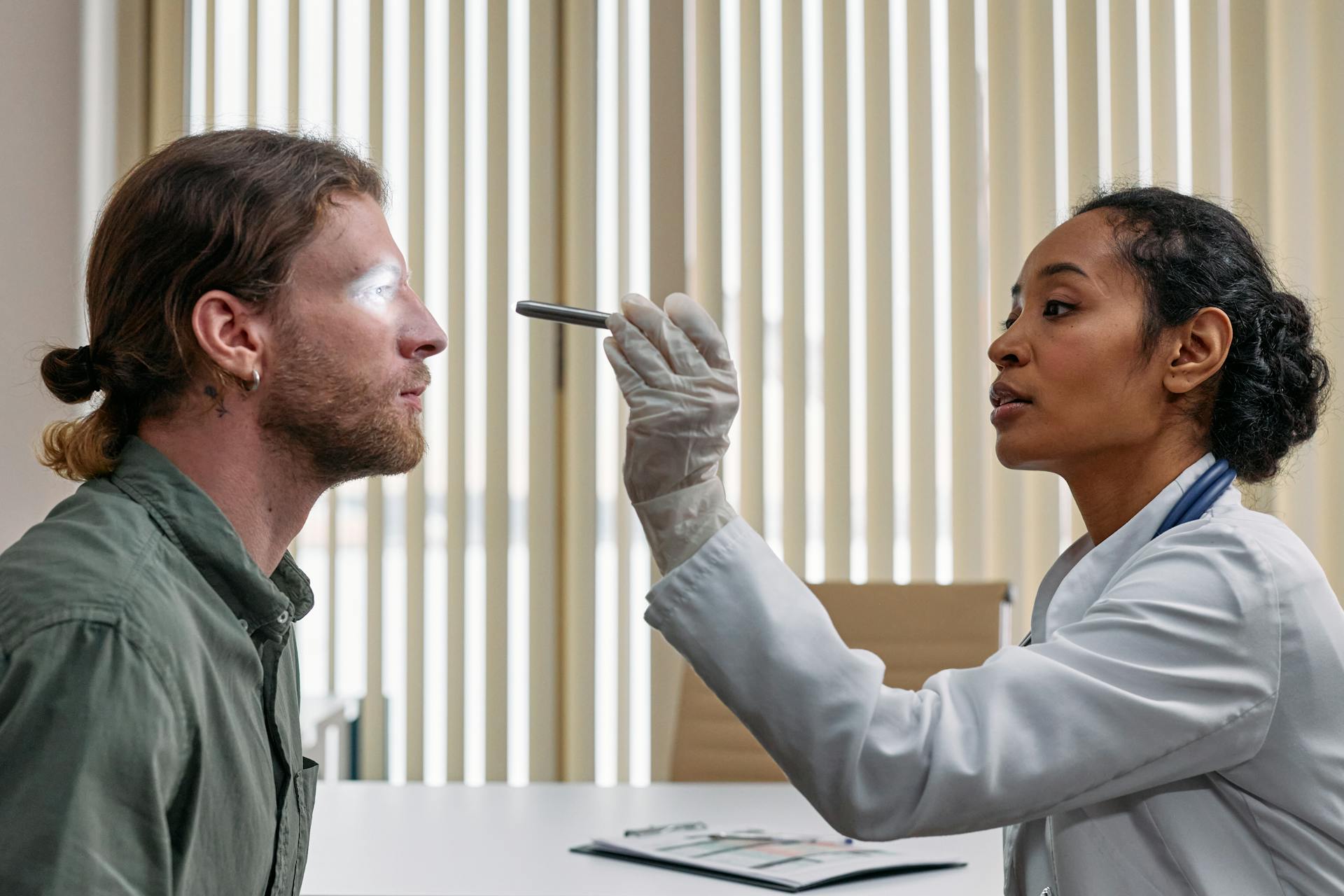Working professionals often face numerous challenges when it comes to maintaining eye health, particularly those in environments that demand prolonged use of computers or exposure to other potential eye hazards. Given the importance of vision in productivity and the potential for eye strain and other issues, it’s crucial for professionals to adopt effective eye care practices. Here, we explore comprehensive tips designed to help working professionals protect their eyes and maintain optimal vision health.
1. Manage Screen Time and Prevent Digital Eye Strain
In today’s digital world, many professionals spend extensive hours in front of computer screens, which can lead to digital eye strain, characterized by dry eyes, irritation, fatigue, and blurred vision. Here are some strategies to manage screen time effectively:
- Adjust Your Workspace: Position your computer screen about an arm’s length away and just below eye level. This setup helps reduce strain on your eye muscles and neck.
- Follow the 20-20-20 Rule: Every 20 minutes, take a 20-second break to look at something 20 feet away. This practice helps reset your focus and reduces eye strain.
- Use Proper Lighting: Eliminate glare by adjusting indoor lighting and using screens with matte finishes. Consider using an anti-glare screen on your monitor if necessary.
- Adjust Screen Settings: Increase the contrast and adjust the brightness of your screen to a comfortable level that mimics the brightness of your surrounding workstation.

2. Wear Appropriate Eyewear
For those who require vision correction, it’s essential to wear updated prescription glasses or contact lenses. Consider the following:
- Anti-Reflective Lenses: These can significantly reduce glare, improving vision clarity and comfort, especially when using a computer.
- Computer Glasses: Specialized computer glasses are designed to optimize your eyesight when you’re looking at digital screens and are typically positioned differently than reading or driving glasses.
- UV Protection: If you work in an environment with exposure to ultraviolet light or spend time outdoors, wear protective eyewear that blocks 100% of UV rays.
3. Maintain a Healthy Lifestyle
Diet and hydration play a significant role in eye health. Incorporate these habits into your daily routine:
- Stay Hydrated: Drinking adequate water throughout the day can help prevent dry eyes and maintain overall hydration.
- Nutritious Diet: Consume a balanced diet rich in omega-3 fatty acids, lutein, zinc, and vitamins C and E to support eye health. Foods like fish, nuts, oranges, and leafy green vegetables are great choices.
4. Take Regular Breaks
Apart from taking regular short breaks for your eyes, it’s also important to stand up, stretch, and move around several times throughout your workday. This not only helps your eyes but also boosts circulation and prevents muscle stiffness and joint pain.
5. Practice Good Hygiene
Especially for contact lens wearers, eye hygiene is paramount:
- Hand Washing: Always wash your hands before handling contact lenses to avoid the risk of infection.
- Avoid Touching Your Eyes: Minimize touching your eyes to prevent the transfer of bacteria and the risk of irritation.
6. Regular Eye Examinations
Schedule regular eye exams to monitor your eye health and ensure your vision correction prescriptions are up to date. An eye care professional can also provide personalized tips based on your specific needs.
7. Create an Ergonomically Friendly Workspace
Ensure that your workspace is ergonomically set up to promote good posture. Poor posture can contribute to worsened strain and tension on the eyes. Use ergonomic chairs that support your spine, keep your feet flat on the floor, and position your workstation so that you don’t have to lean forward to see your screen clearly.
For working professionals, maintaining eye health is crucial, not just for ensuring productivity and performance at work but also for overall quality of life. By integrating these eye care strategies into your daily routine, you can significantly reduce the risk of eye strain and support long-term vision health. Remember, proactive eye care is a key component of a healthy professional lifestyle.





